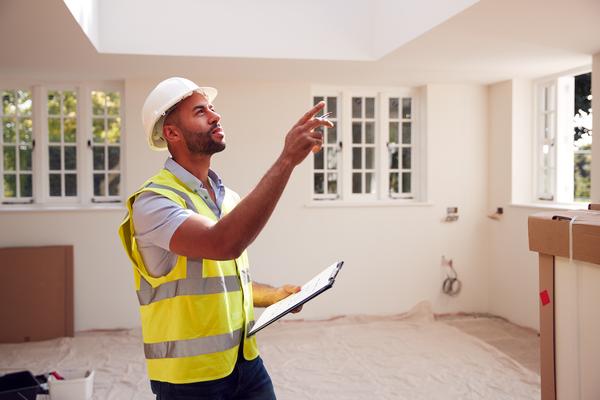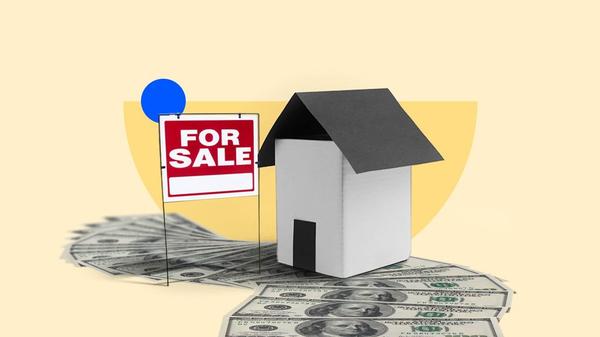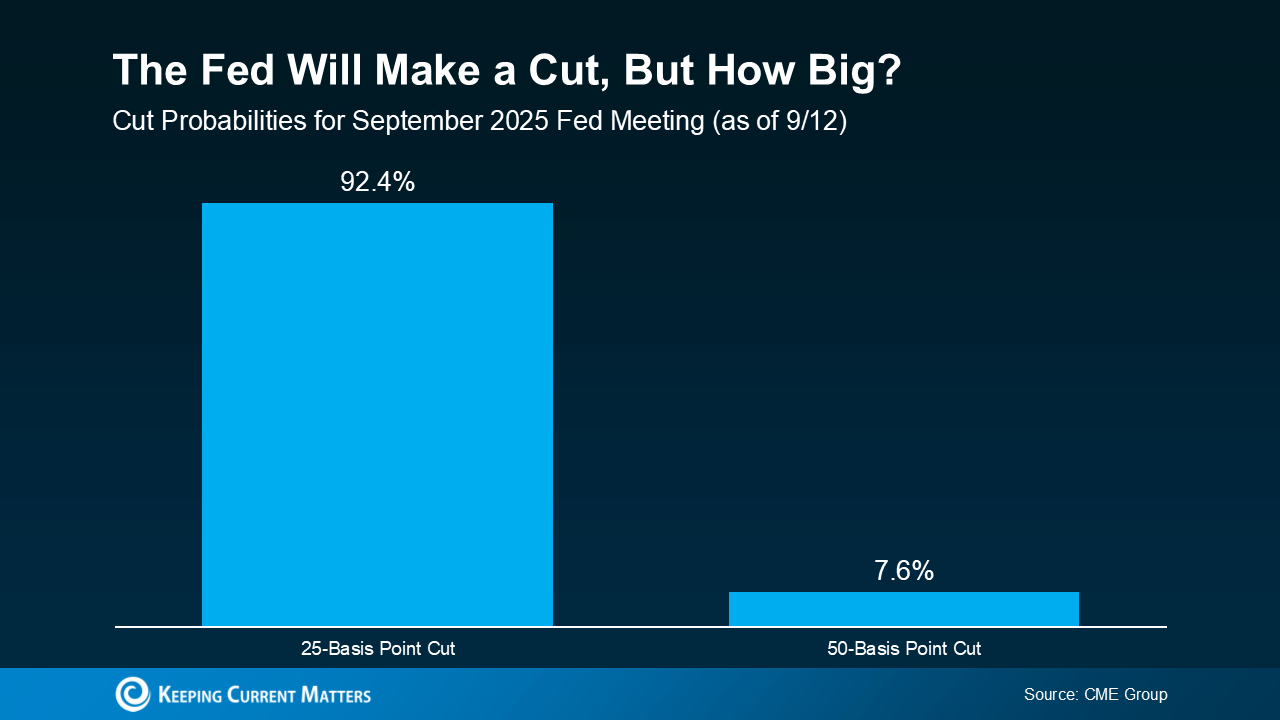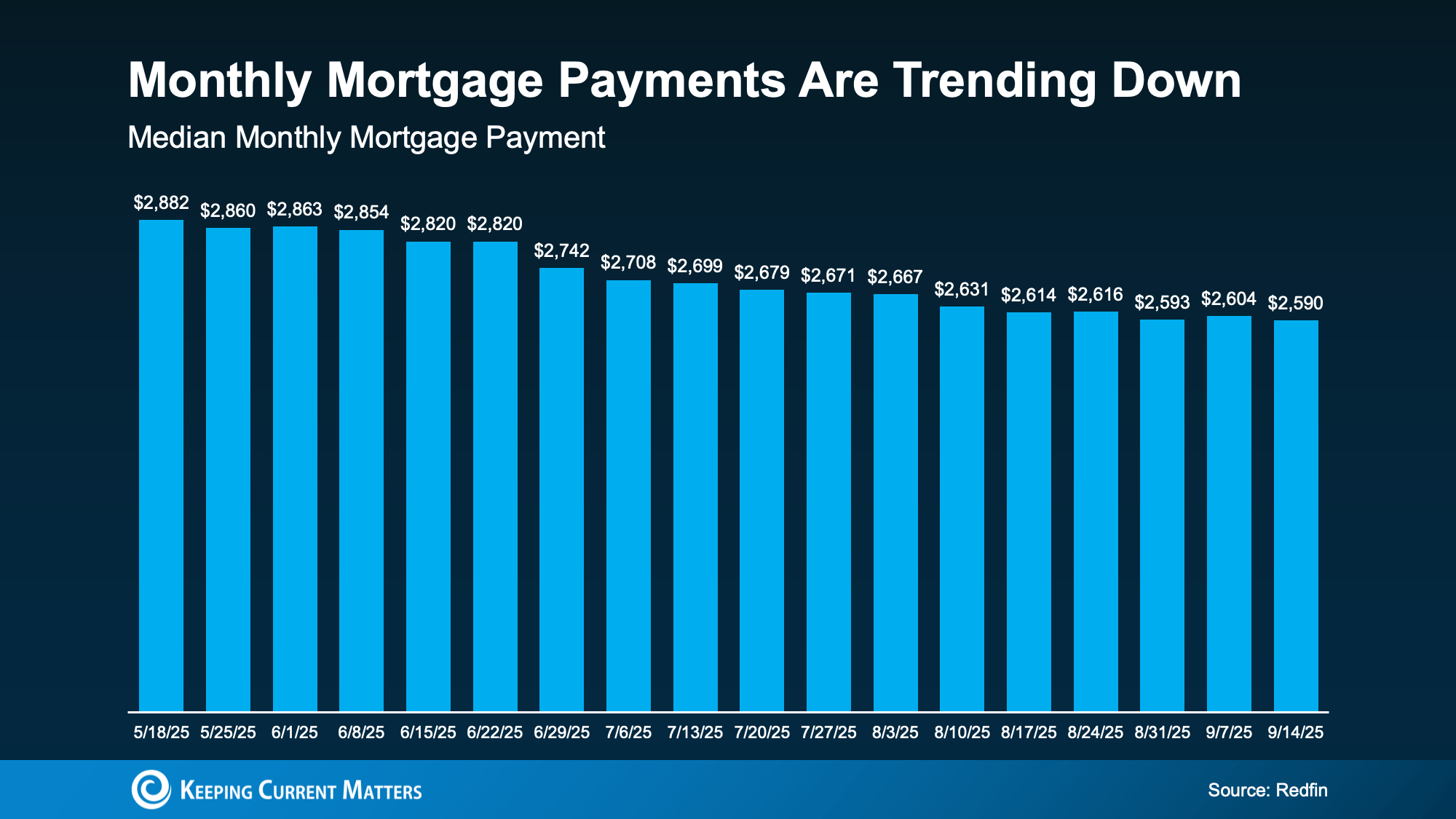Key Things to Consider Before Refinancing Your Mortgage

Refinancing your mortgage can be a smart financial move, but it’s not something to rush into without careful planning. The first step is to clearly define your goals—whether you’re looking to lower your monthly payment with a better interest rate, tap into your home’s equity to pay off high-interest debt or fund a renovation, or switch from an FHA loan to a conventional one to remove mortgage insurance. Once your objective is set, the next factor to evaluate is your home equity. Lenders typically want to see at least 20% equity for a conventional refinance, which is determined by the difference between your home’s current value and what you owe on it, usually confirmed through an appraisal.
You’ll also need to review your overall financial picture since lenders will reassess your credit, income, and debt. A higher credit score can help you secure the best rates, so it’s worth addressing any debt or credit issues before applying. Be prepared for closing costs that generally range from 2–5% of the loan amount, as well as providing documentation such as pay stubs, tax returns, bank statements, and proof of assets. Partnering with an experienced loan expert can help you navigate your options, compare rates, and choose a refinance strategy that best aligns with your goals.
Finally, the appraisal plays a key role in determining your terms, so presenting your home in its best light matters. Simple steps like cleaning, decluttering, making small repairs, and ensuring safety features are up to code can all make a difference. While you can’t change the housing market, you can help your property put its best foot forward. Ultimately, refinancing can provide financial savings and flexibility, but achieving the best outcome depends on clarity, preparation, and the right professional guidance.
Categories
Recent Posts











